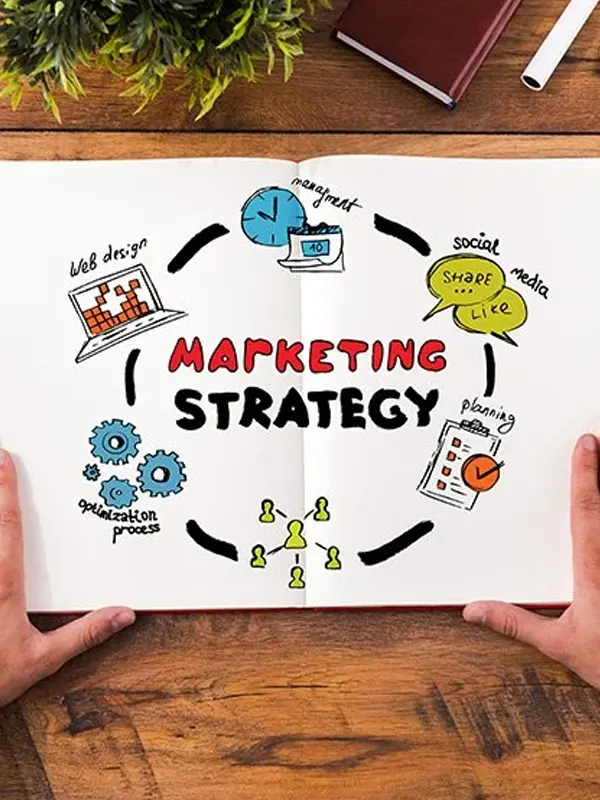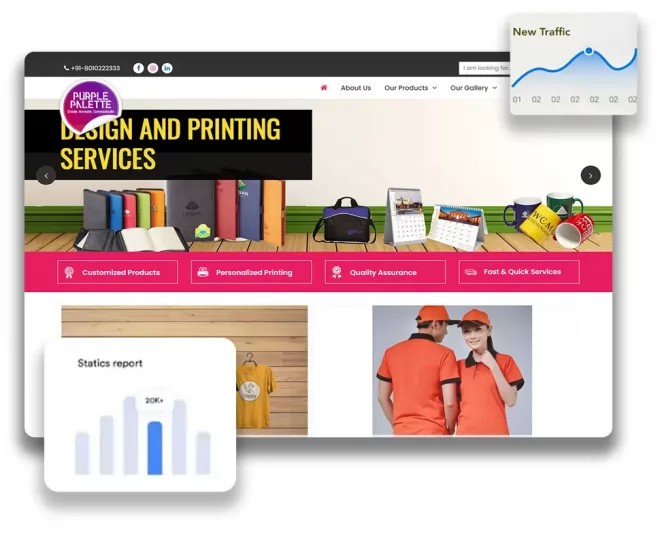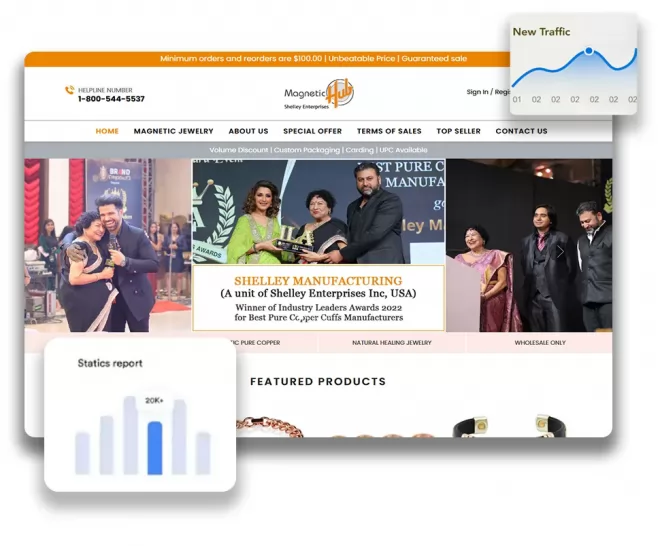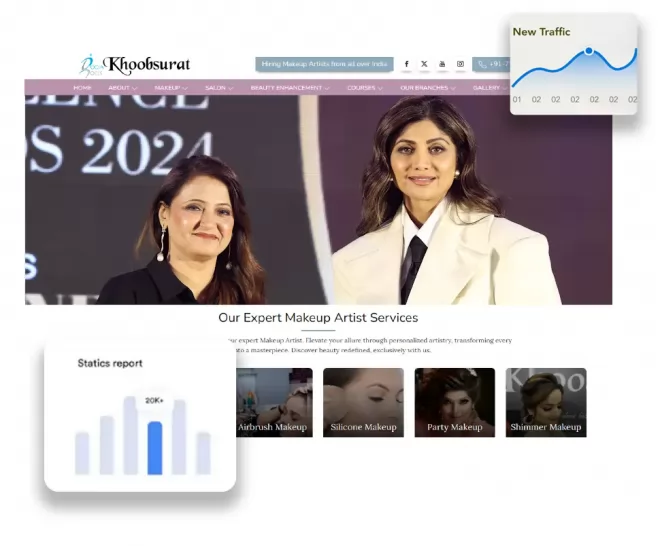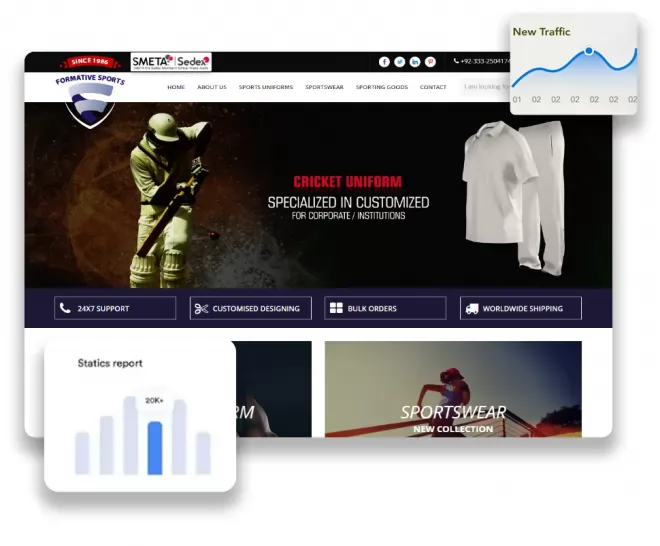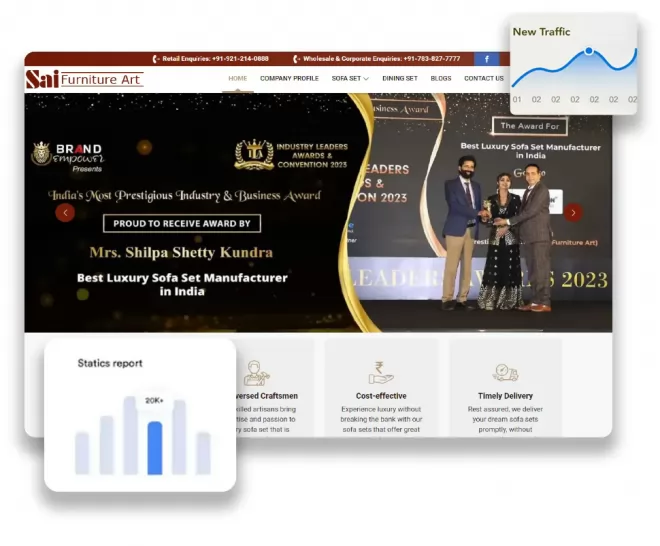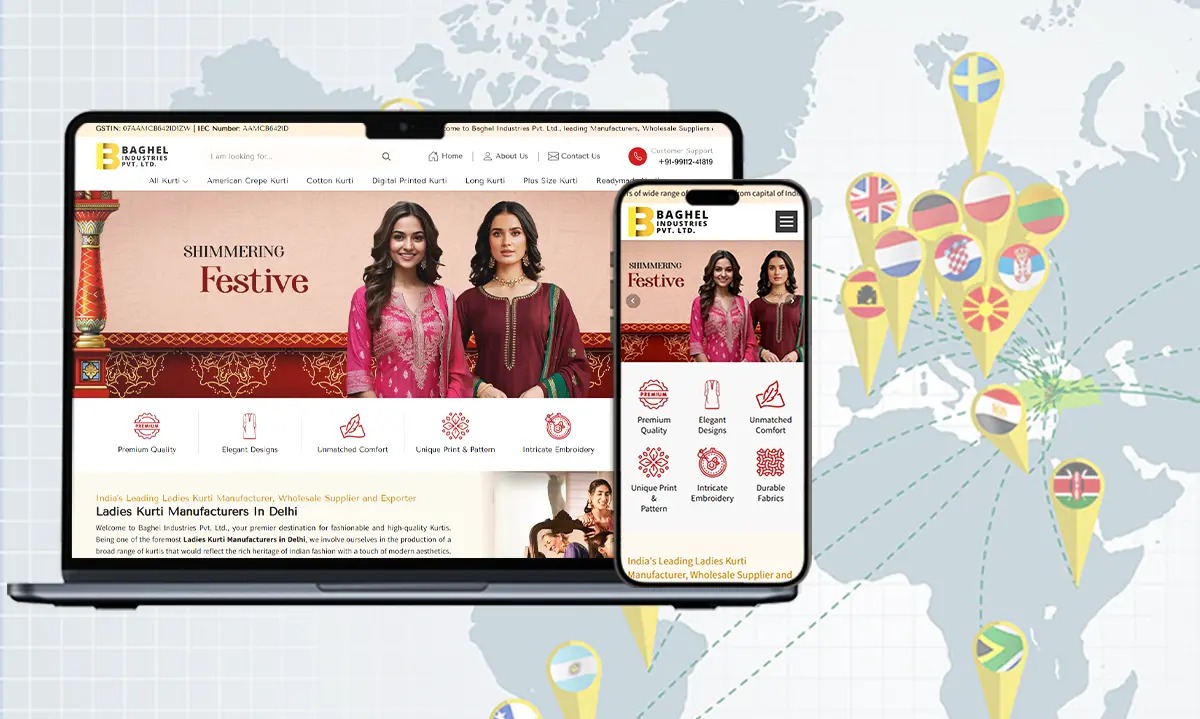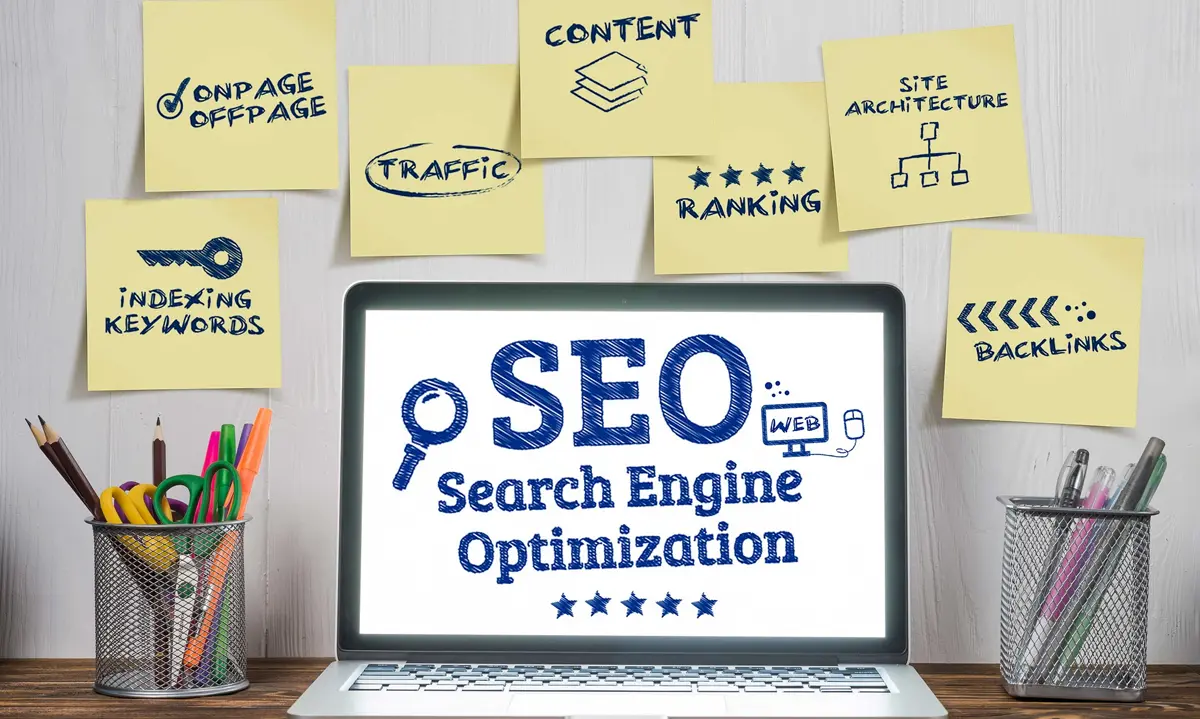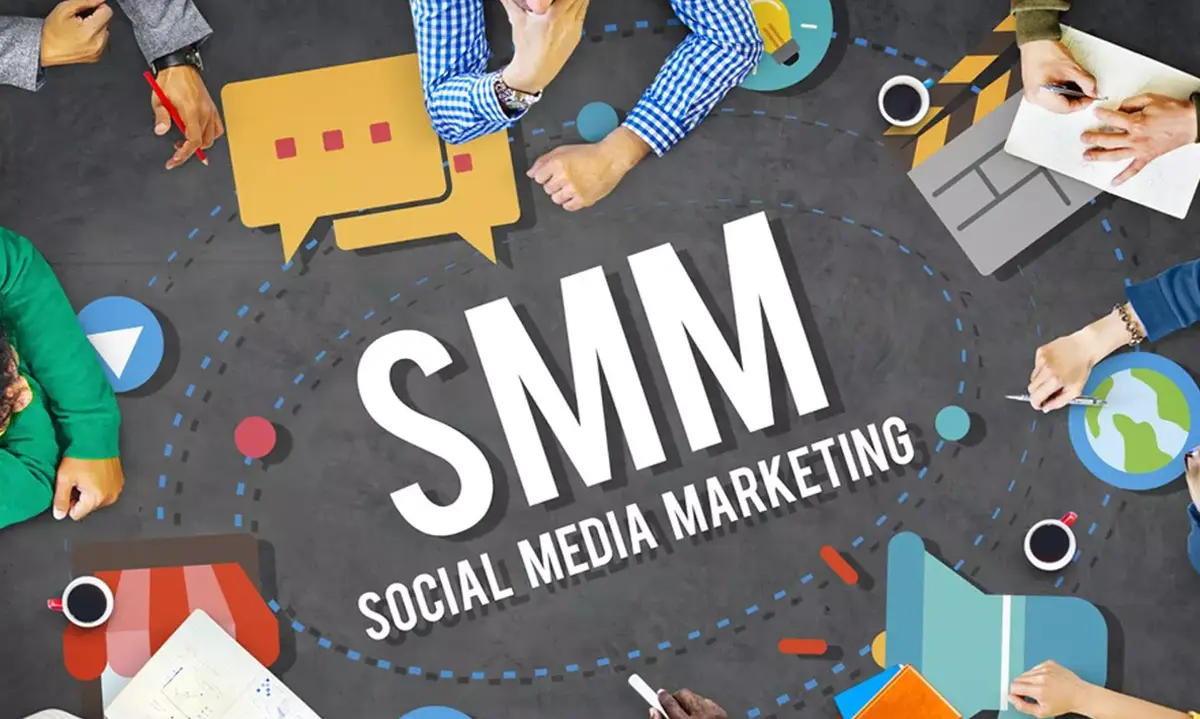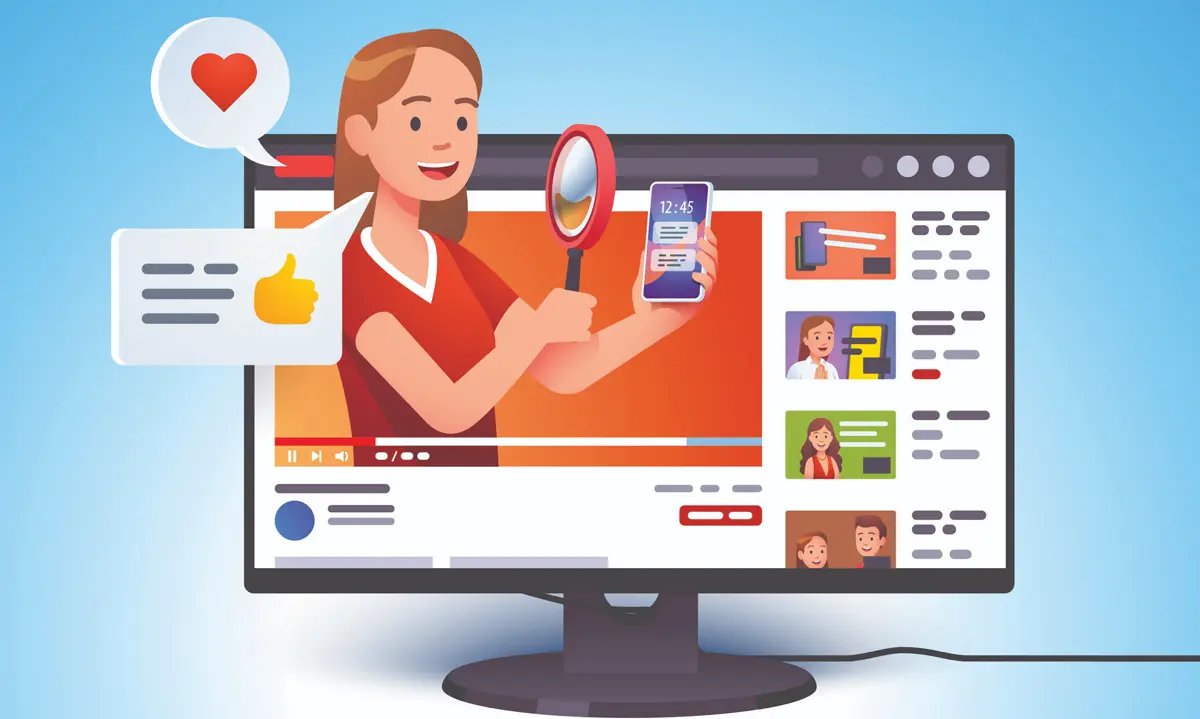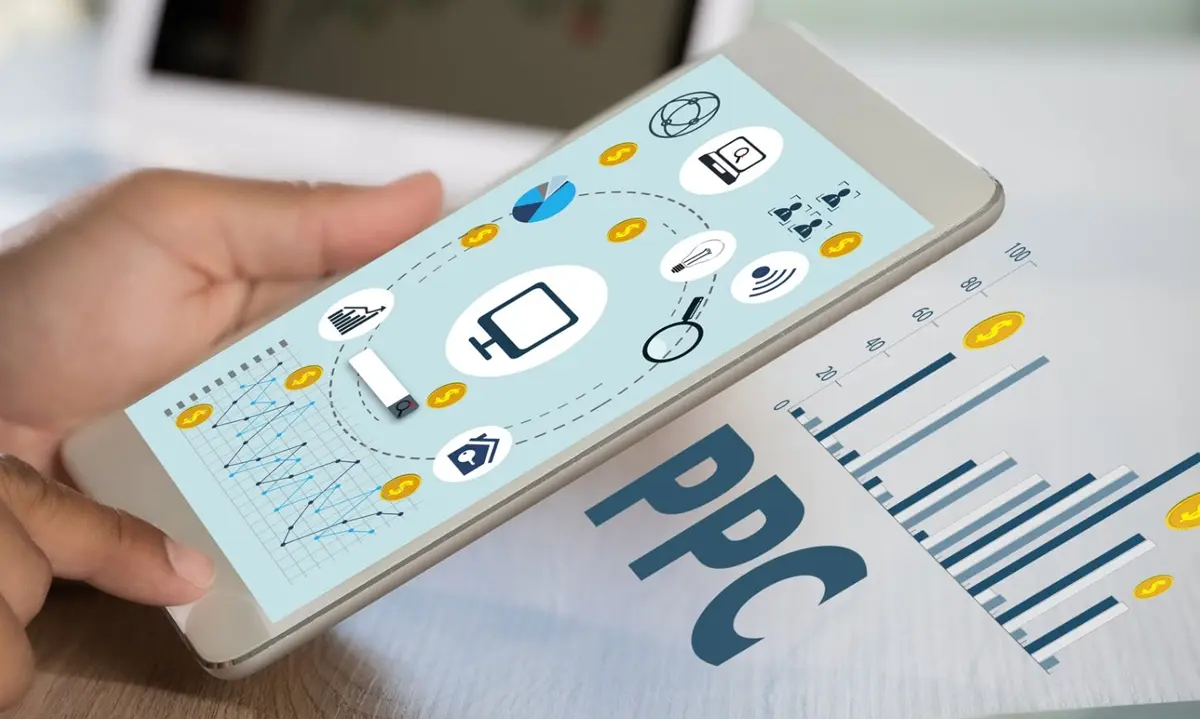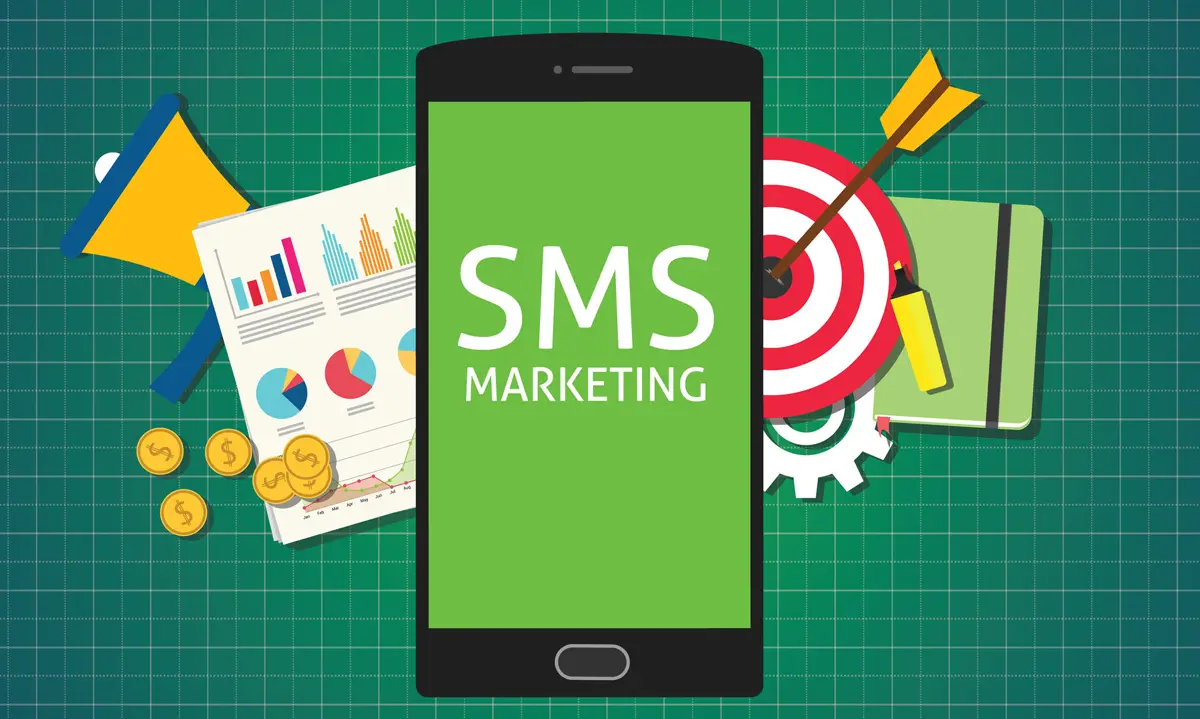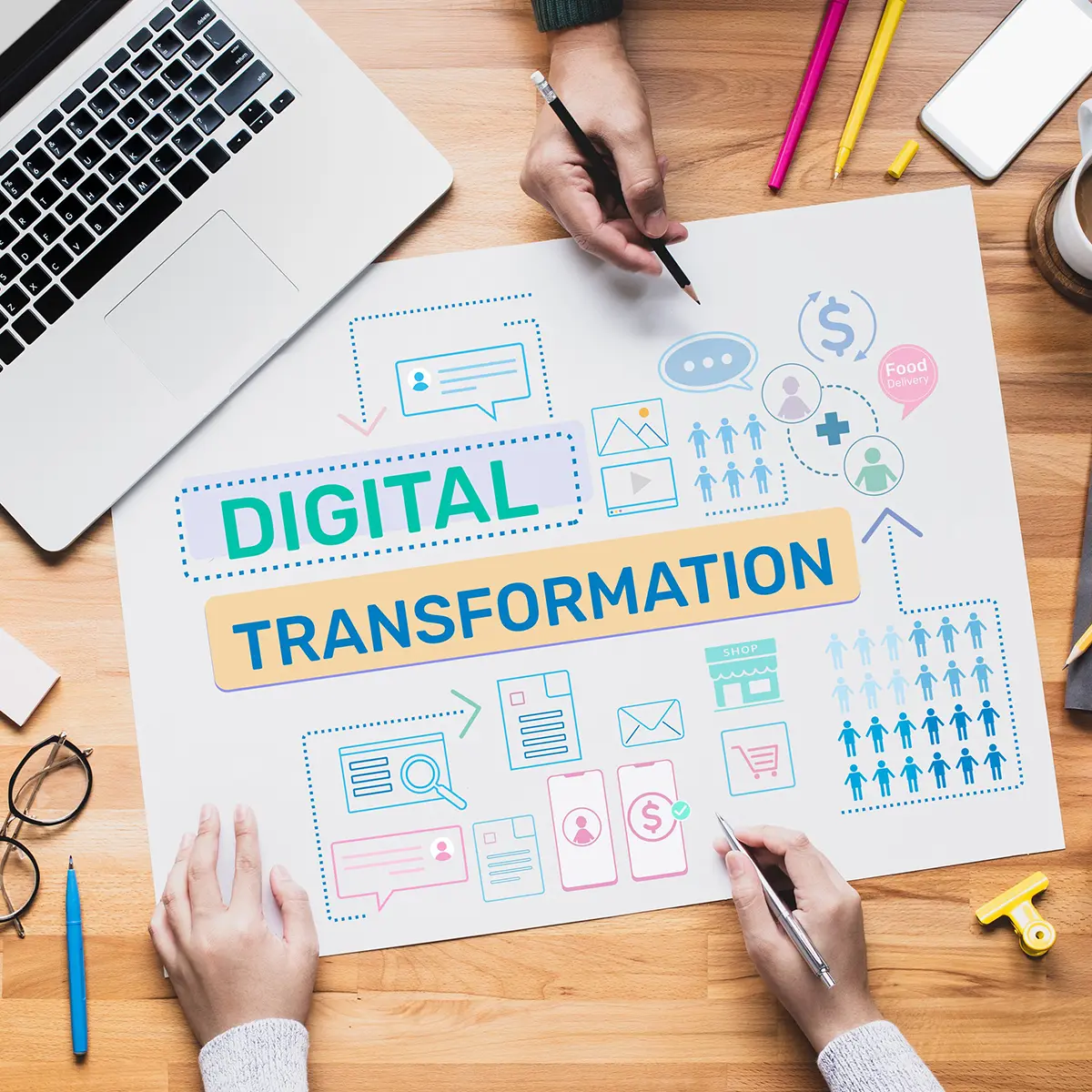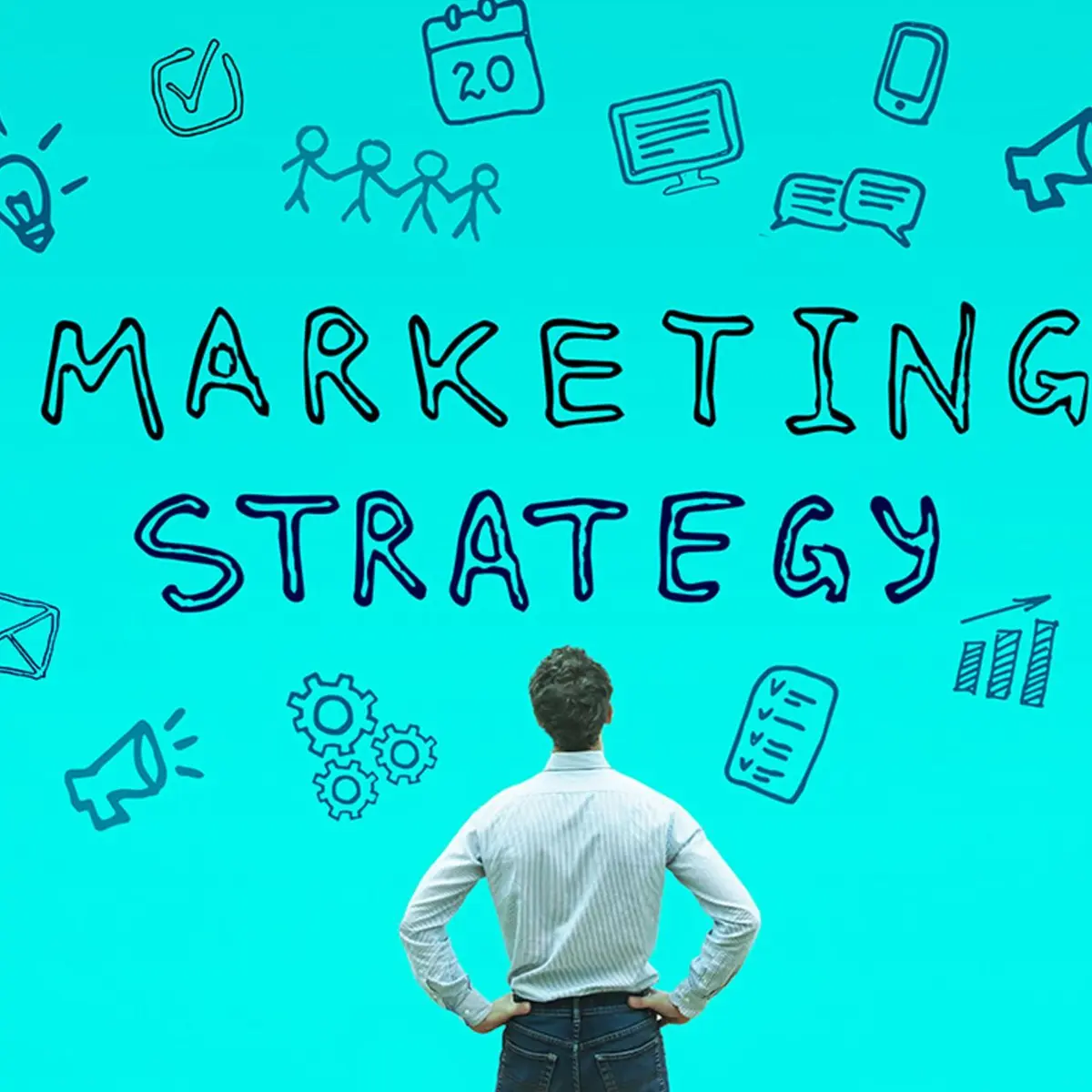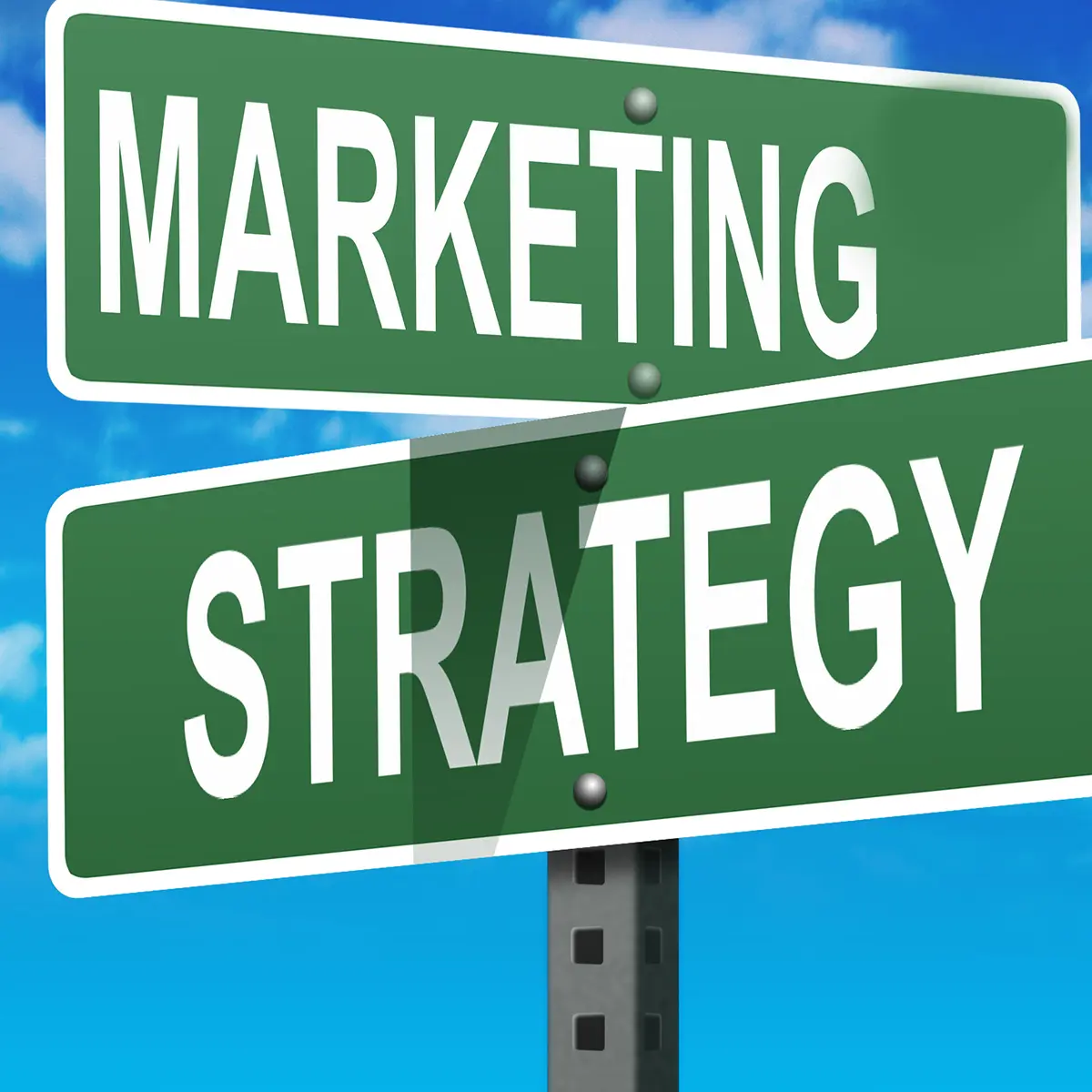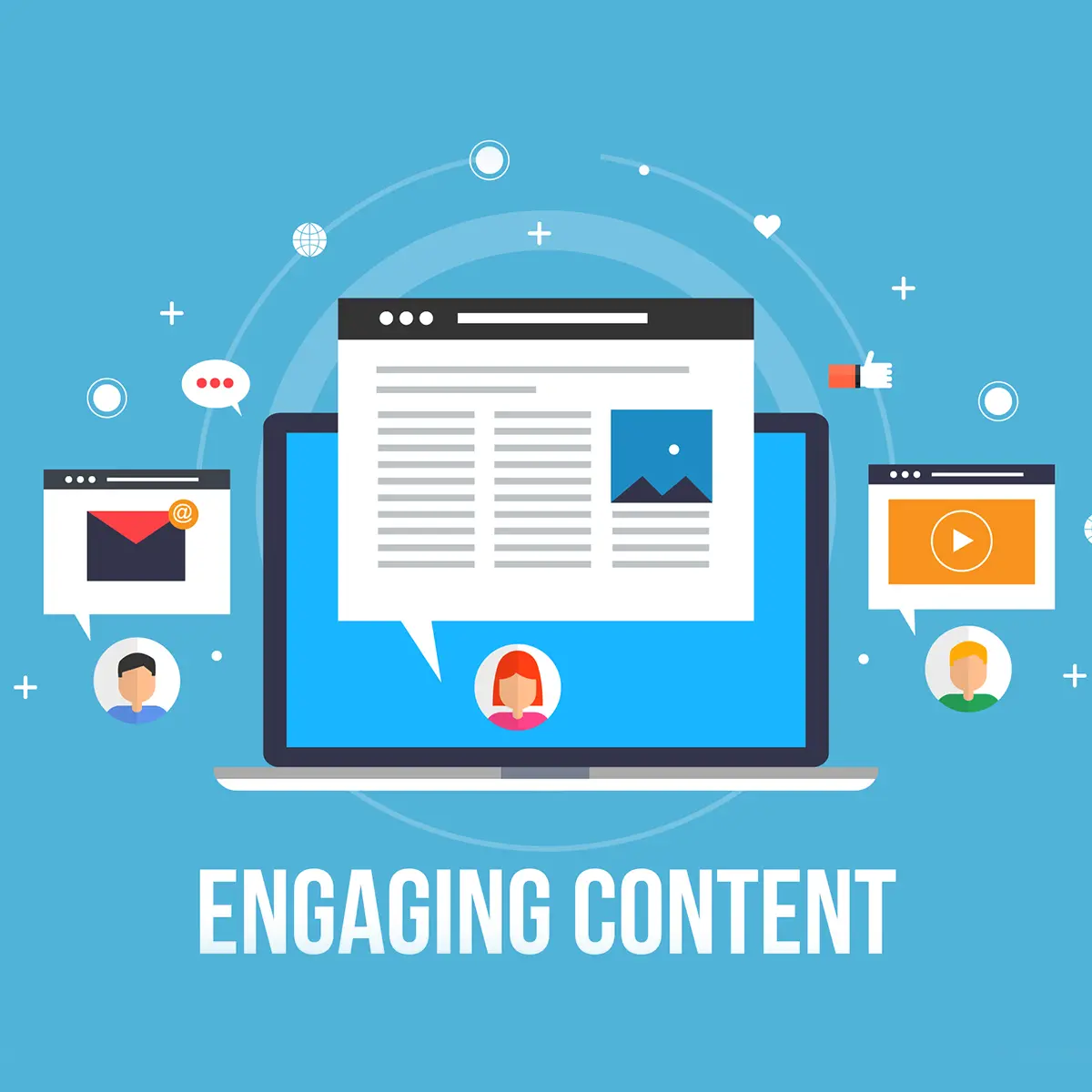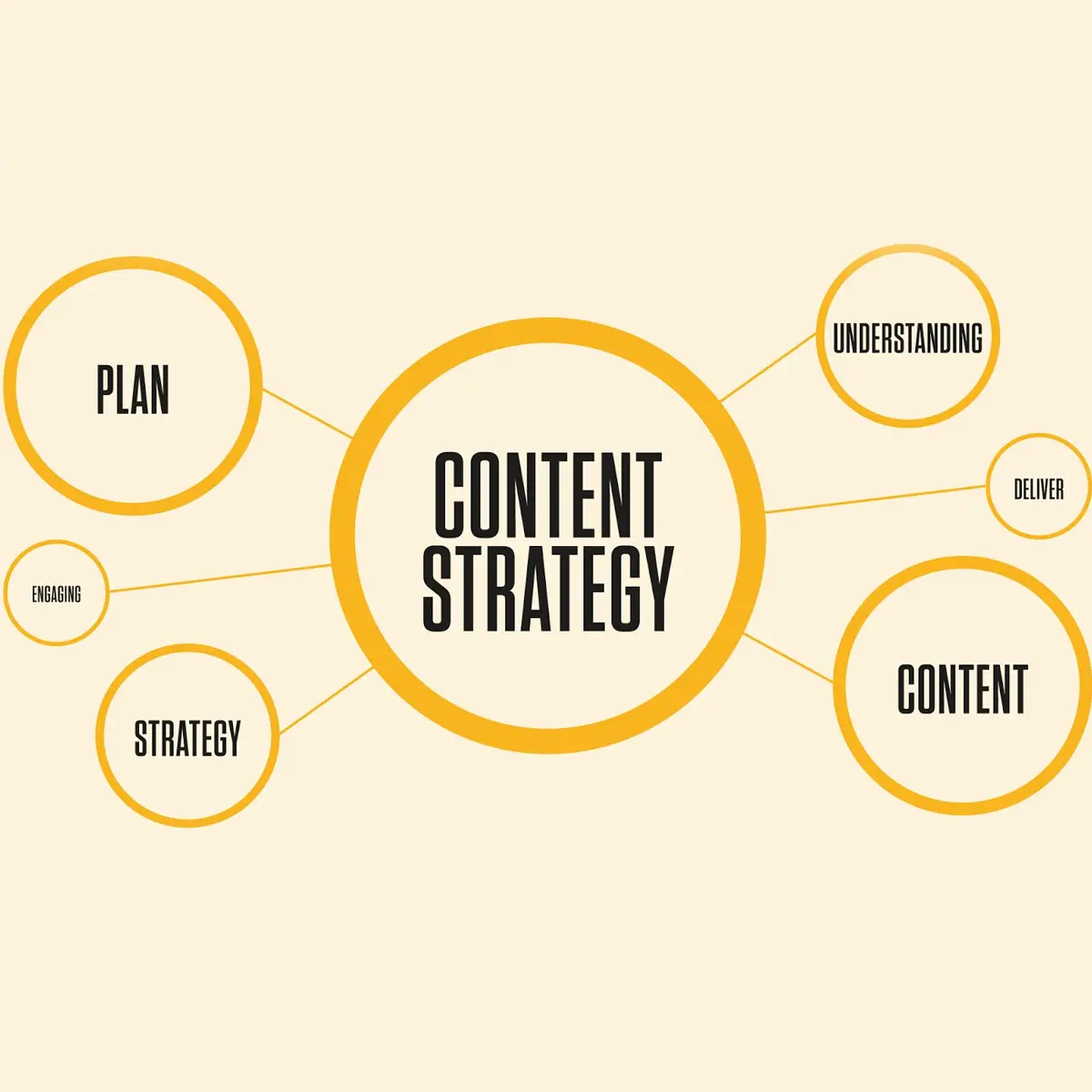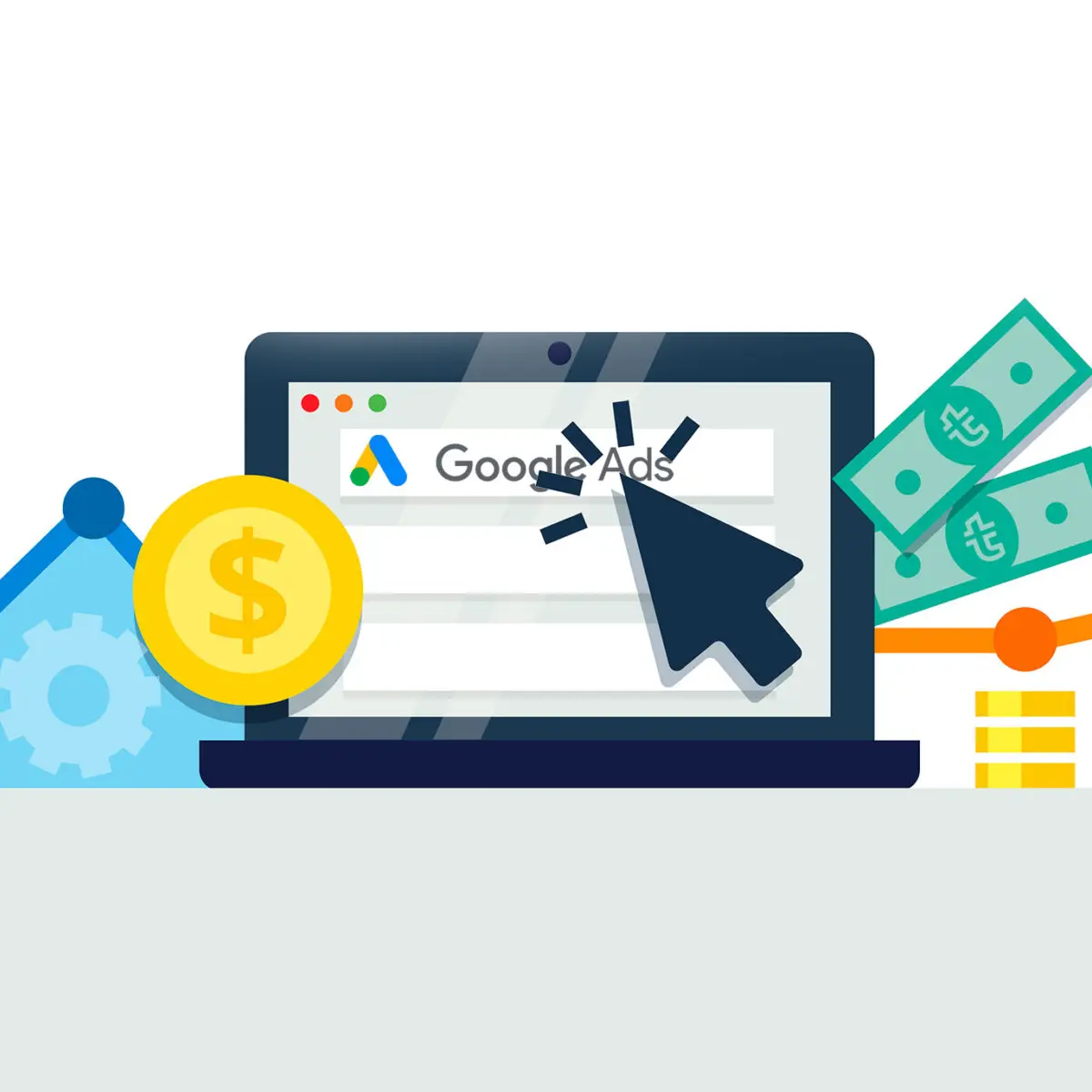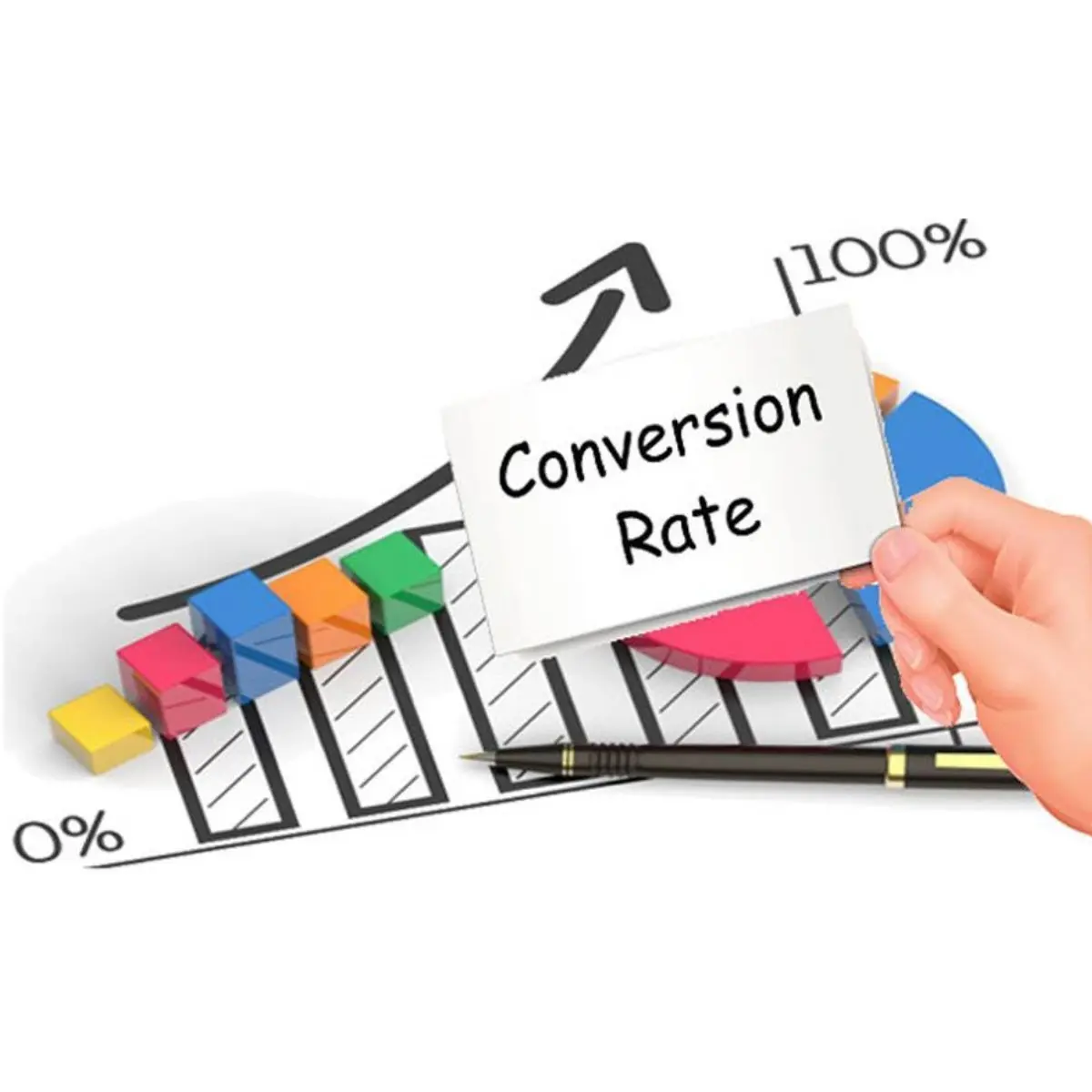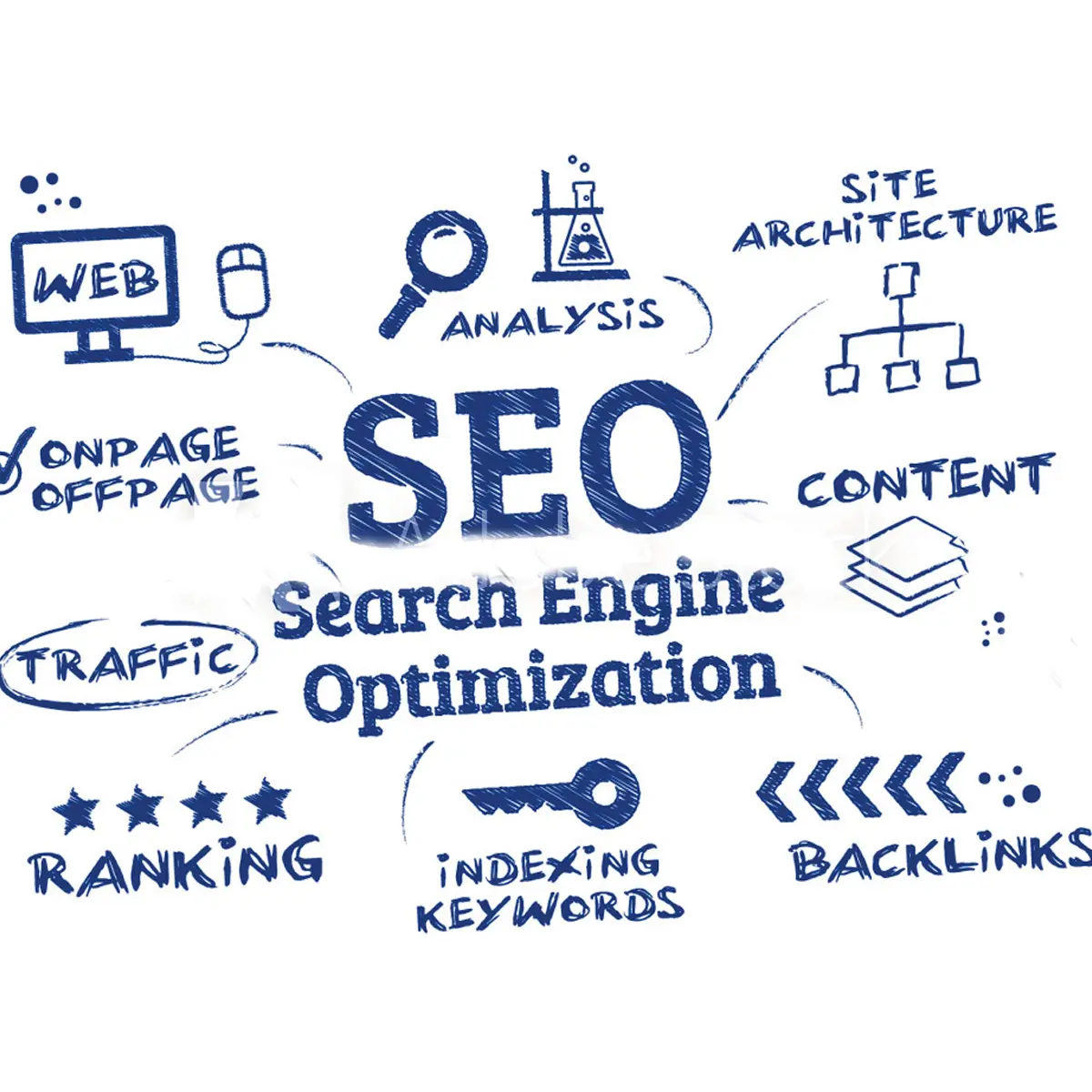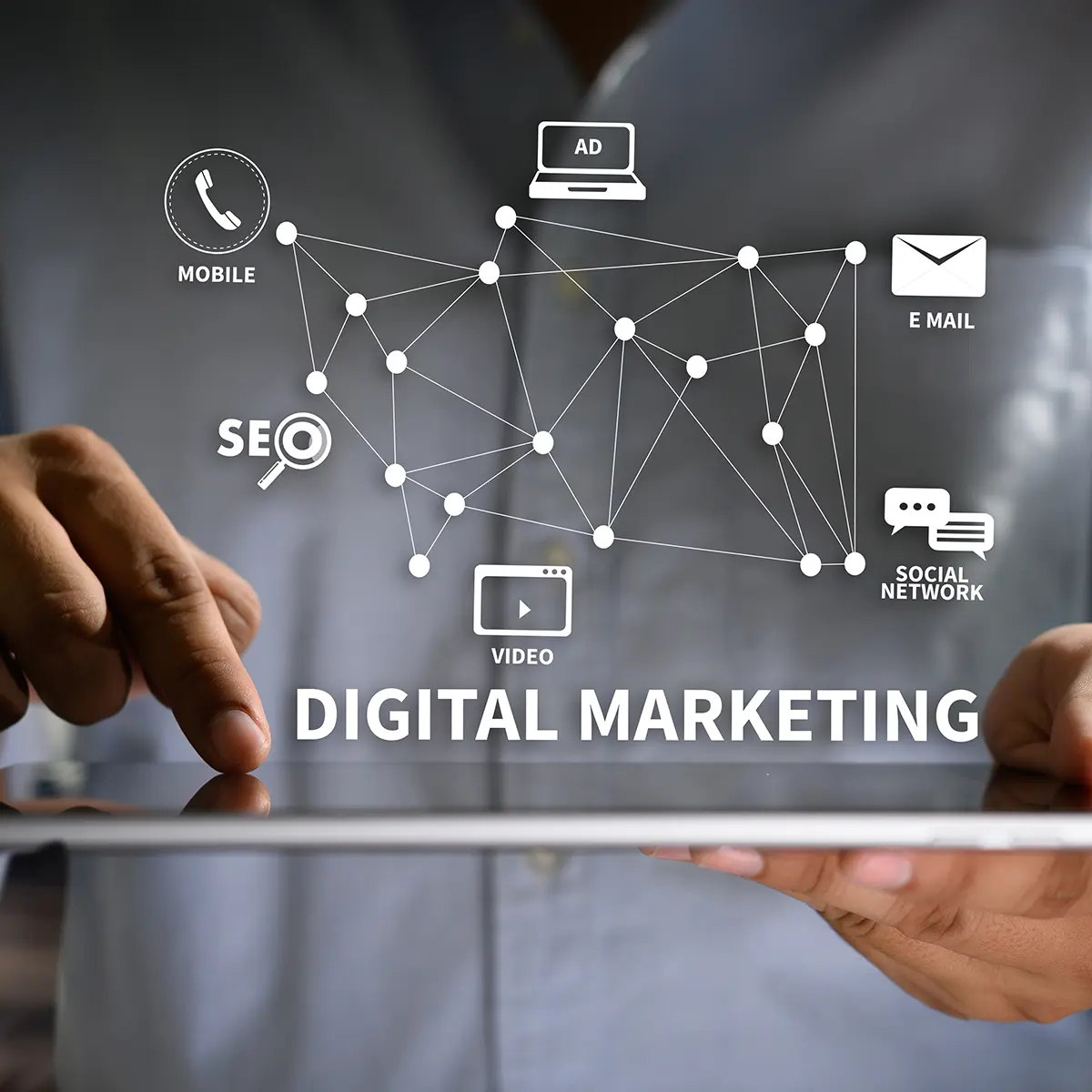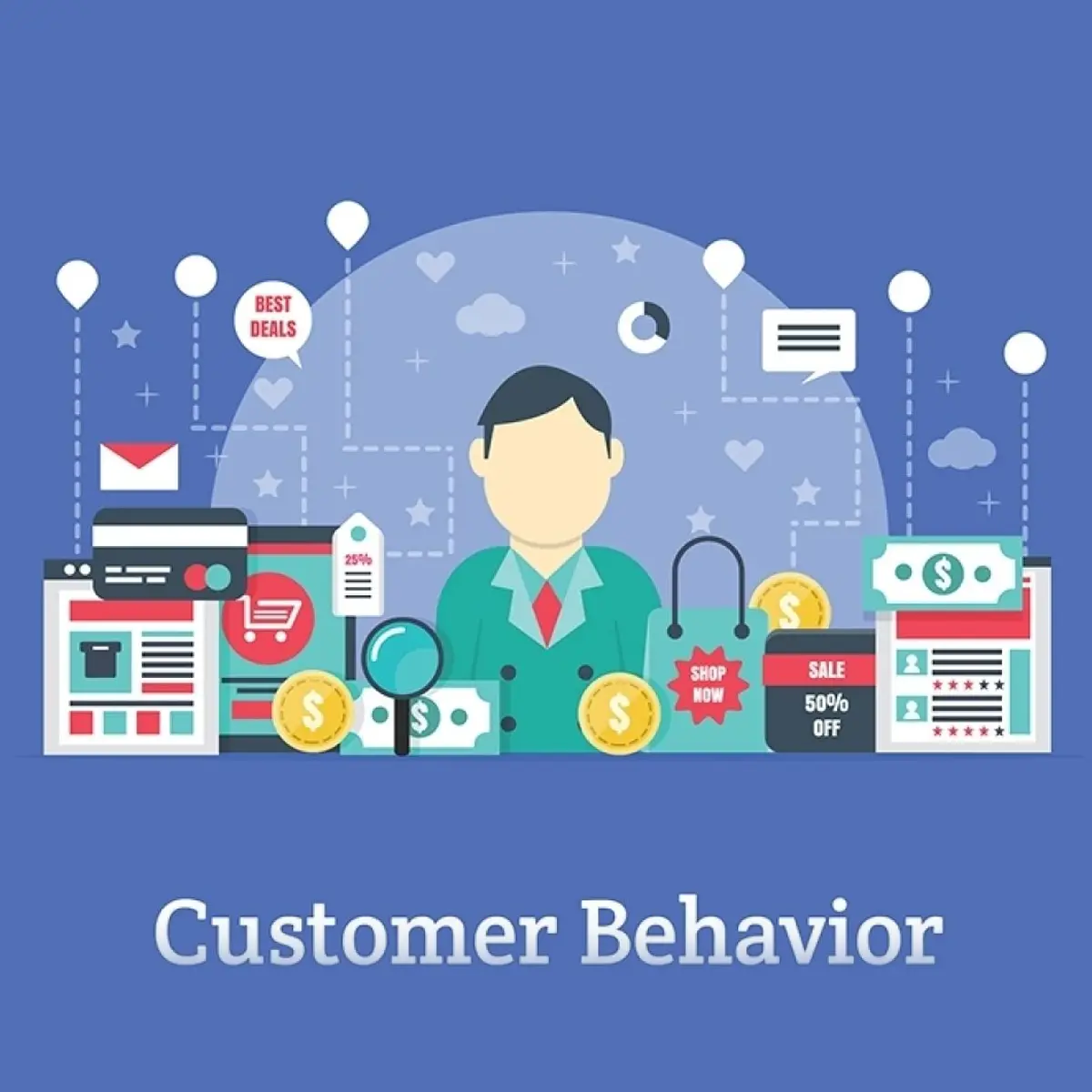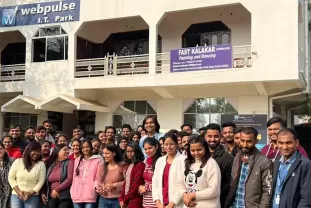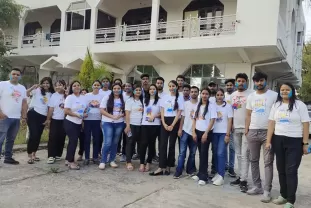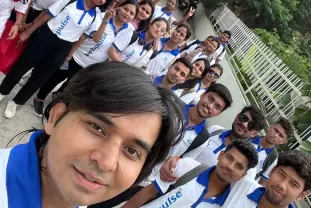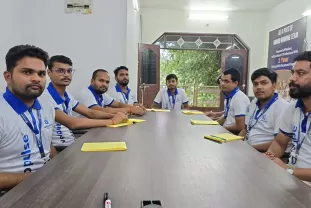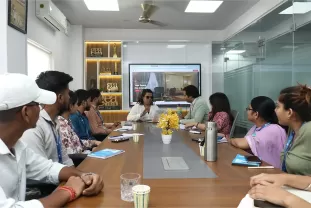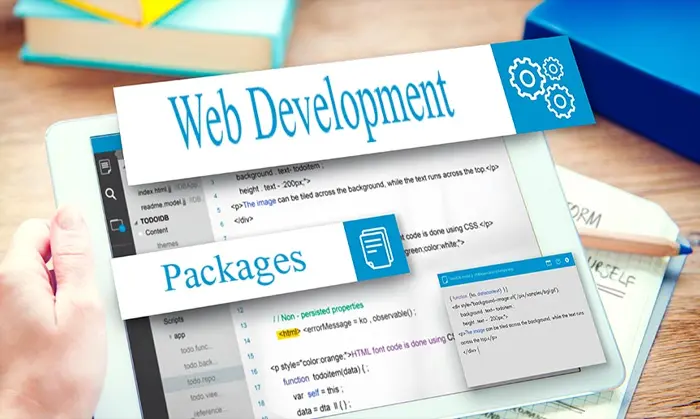Industry Research & Analysis

Our process begins with an in-depth industry research and analysis phase. We study the specific trends, challenges, and opportunities within the targeted industry. By analyzing competitor strategies, customer behaviors, and market demands, we can identify unique selling points (USPs) that can be leveraged in the digital marketing strategy. We use various tools to collect and analyze data, such as web analytics, social media insights, and industry reports. This allows us to gain a comprehensive understanding of the industry landscape and helps us to pinpoint the most effective digital marketing channels for each sector. The research phase also includes understanding the target audience’s preferences and pain points. By utilizing this data, we can craft personalized campaigns that speak directly to the audience’s needs, ensuring a high level of engagement and improved ROI. Our industry-specific research lays the groundwork for a targeted, effective digital marketing approach.
Audience Segmentation & Targeting

Once the industry research is complete, the next step is audience segmentation and targeting. We focus on understanding the specific demographic, psychographic, and behavioral characteristics of the target audience within each industry. By identifying key segments—whether it’s based on age, location, interests, or purchasing habits—we can ensure that marketing efforts are highly focused. In this phase, we define buyer personas that represent ideal customers, which helps in creating content and campaigns tailored to their preferences. With advanced tools and data analysis, we segment the audience into actionable groups, ensuring messages reach the right people at the right time. Proper audience targeting enhances campaign effectiveness, boosts conversions, and reduces costs by minimizing wasted impressions. We continuously monitor audience engagement and refine targeting parameters to achieve the best results. The segmentation process guarantees that each campaign has the maximum impact, delivering value to both the business and the consumer.
Custom Content Creation

Content creation is central to the success of digital marketing in any industry. After segmenting the audience, we develop customized content that resonates with their interests and needs. Content types vary depending on the industry but may include blog posts, videos, infographics, case studies, eBooks, and more. Each piece of content is strategically crafted to address pain points, answer common questions, and offer solutions while positioning the brand as an authority within the industry. The tone, style, and format of the content are tailored to the preferences of the target audience, ensuring high engagement. For example, content for the healthcare sector may focus on educational articles, while the technology industry might lean more toward product demonstrations and tutorials. Throughout the creation process, we ensure that all content is aligned with the brand’s messaging and values, while also optimized for search engines to boost organic traffic and visibility across the web.
Search Engine Optimization (SEO)
.webp)
Search Engine Optimization (SEO) is an essential aspect of digital marketing that ensures your business is visible to potential customers on search engines. For each industry, we implement tailored SEO strategies that focus on optimizing website content, improving page load speeds, using relevant keywords, and building quality backlinks. The goal is to enhance the site's organic ranking on search engine results pages (SERPs), making it easier for customers to find your business. We conduct industry-specific keyword research to identify the most searched terms and integrate them into your website and content. We also optimize metadata, alt text for images, and internal linking structures to improve the site's SEO performance. Additionally, we ensure the site is mobile-friendly and accessible, which are crucial factors for SEO rankings. For local industries, we implement local SEO strategies, helping businesses rank higher in localized searches. The result is increased website traffic and improved visibility.
Paid Advertising Campaigns

Paid advertising is a powerful tool to accelerate digital marketing results, and our approach is customized for each industry. We create tailored paid campaigns, such as pay-per-click (PPC) ads, display ads, and retargeting ads, on platforms that align with the target audience. In this step, we select the most effective advertising channels based on the industry’s needs and the demographic characteristics of the target audience. For example, for e-commerce businesses, we might run PPC ads on Google and social media platforms like Facebook or Instagram, while for B2B companies, LinkedIn ads may be more appropriate. We set clear objectives for each campaign, whether it's driving traffic, generating leads, or increasing sales. Additionally, we continuously monitor and optimize these campaigns by adjusting ad copy, targeting, and bidding strategies to maximize ROI. Our goal is to deliver highly relevant ads to the right users, improving visibility and driving conversions.
Social Media Strategy

Social media marketing is crucial for brand visibility and audience engagement across industries. We develop a customized social media strategy that fits the unique needs of each sector. Whether it’s engaging with customers on Facebook, LinkedIn, Twitter, or Instagram, our goal is to create a consistent, engaging presence that strengthens the brand’s relationship with its audience. We develop a content calendar with posts designed to spark interaction, whether it's through educational content, promotional offers, or user-generated content. For example, in the fashion industry, we might focus on visually appealing posts, while in the education sector, the focus could be on informative content. Social media campaigns are closely monitored to assess engagement metrics like likes, shares, comments, and clicks. Based on real-time data, we refine our approach to boost engagement, reach, and conversions. A strong social media strategy allows businesses to connect with their audience, build trust, and drive meaningful conversations.
Email Marketing Automation

Email marketing is a highly effective way to nurture leads and convert prospects into customers. Our process begins by building an email list through opt-ins, forms, and other data capture techniques specific to the industry. For example, in retail, we may incentivize users to subscribe with discount offers, while in the B2B sector, we may focus on offering whitepapers or case studies. Once we have a solid list, we segment it based on interests, behaviors, and past interactions, allowing for highly personalized email campaigns. We then implement email automation to send timely, relevant content—whether it’s welcome emails, promotional messages, newsletters, or reminders. By analyzing open rates, click-through rates, and conversions, we refine the email content and frequency to enhance its performance. Automated email campaigns help businesses stay top-of-mind with their audience, build relationships, and drive engagement, all while reducing manual effort and maximizing efficiency.
Conversion Rate Optimization (CRO)
.webp)
Conversion Rate Optimization (CRO) is about improving the efficiency of digital marketing campaigns by focusing on turning website visitors into customers. We begin by analyzing website data and user behavior using heatmaps, session recordings, and conversion funnels. This helps us identify areas of the site that need improvement, such as slow load times, confusing navigation, or unclear calls-to-action (CTAs). For each industry, we make specific recommendations to enhance the website's user experience (UX) and increase conversions. This might include simplifying the checkout process for e-commerce sites, optimizing lead forms for B2B companies, or improving contact options for service-based businesses. By continuously testing and optimizing elements like CTAs, landing pages, and form fields, we ensure that the website performs at its best. Ultimately, CRO increases the likelihood that visitors will take the desired action, whether it’s making a purchase, filling out a form, or subscribing to a service.
Analytics & Reporting
In our digital marketing process, we place a high emphasis on analytics and reporting to track the performance of campaigns. We use industry-specific metrics to evaluate the effectiveness of each strategy, focusing on KPIs such as website traffic, conversion rates, engagement, and return on investment (ROI). This data helps us make informed decisions, refine tactics, and adjust budgets as necessary to maximize results. Regular reporting provides transparency and allows clients to track progress toward goals in real time. We create detailed reports that provide insights into which channels and campaigns are performing best, as well as areas that need improvement. This data-driven approach helps optimize future campaigns, ensuring that marketing efforts are aligned with business objectives. By understanding trends, measuring impact, and acting on data, we continuously improve the digital marketing strategy to ensure long-term success for businesses in any industry.
Reputation Management

In today’s digital world, managing online reputation is crucial for businesses in all industries. We help clients protect and improve their online reputation through proactive monitoring and response strategies. Our first step is to track reviews, mentions, and social media conversations related to the business. We use advanced tools to keep an eye on customer feedback and sentiment. If negative reviews or comments arise, we work on crafting thoughtful, professional responses that aim to resolve issues and show commitment to customer satisfaction. Additionally, we encourage satisfied customers to leave positive reviews, which can significantly boost brand credibility. We also focus on promoting positive content, such as customer testimonials, case studies, and media mentions, to create a balanced online presence. Through effective reputation management, we help businesses build trust, foster customer loyalty, and maintain a positive image, which is essential for long-term success and growth in competitive markets.




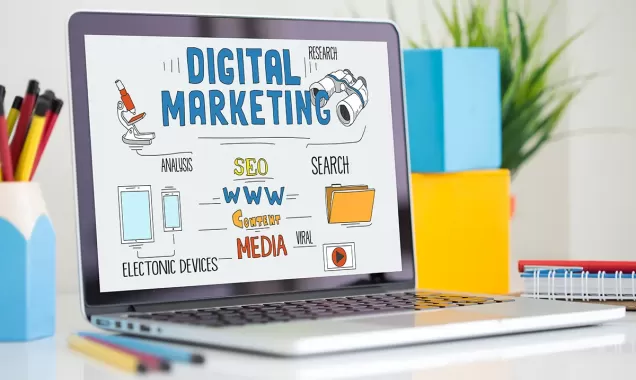
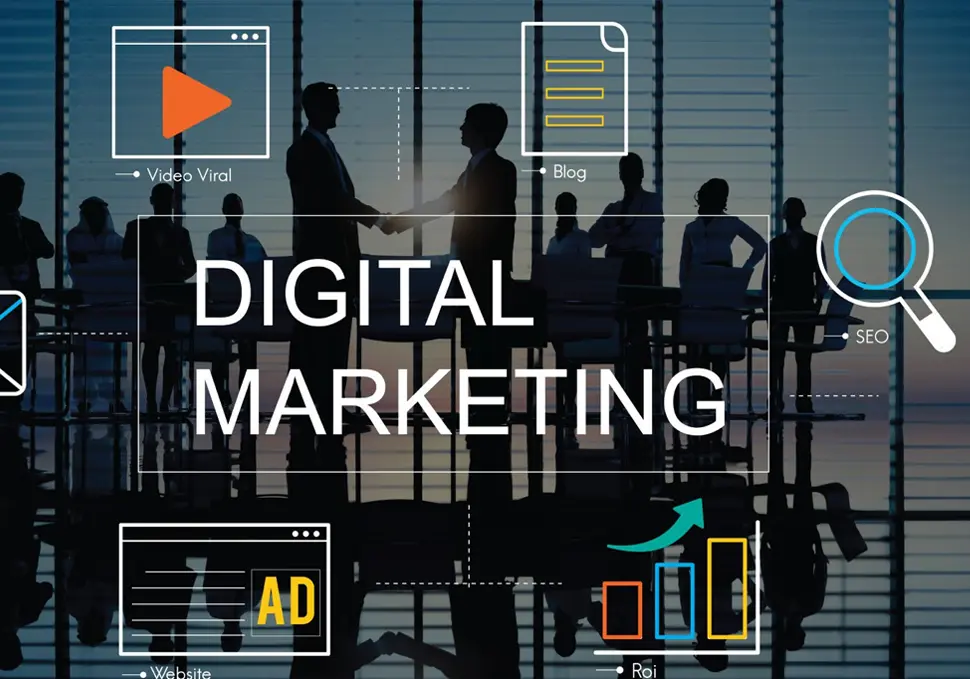
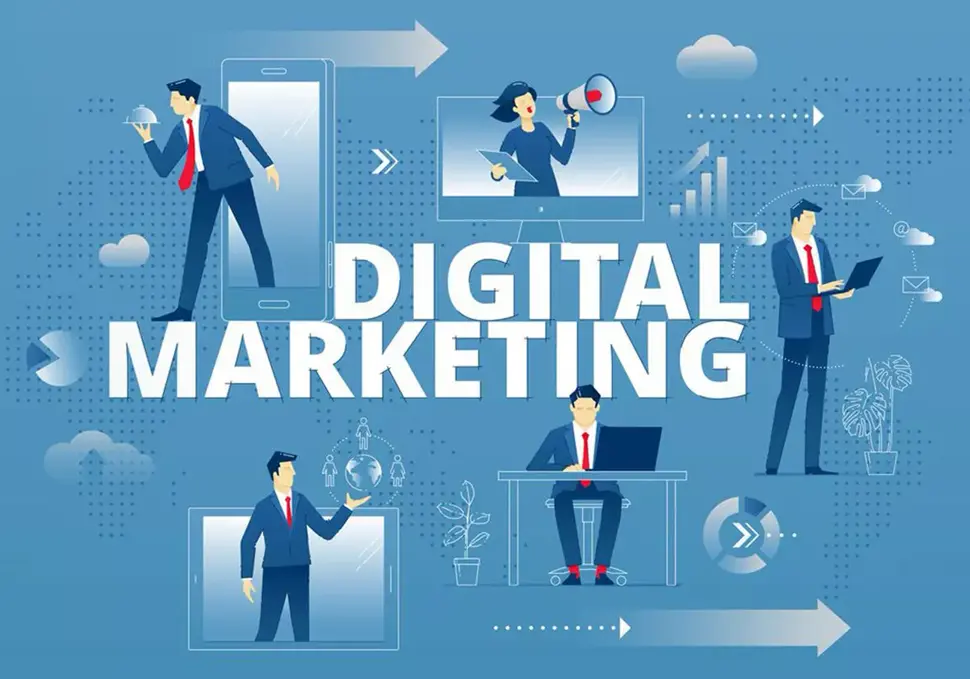



.webp)



.webp)


